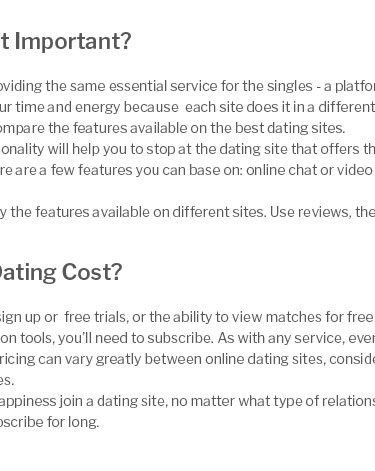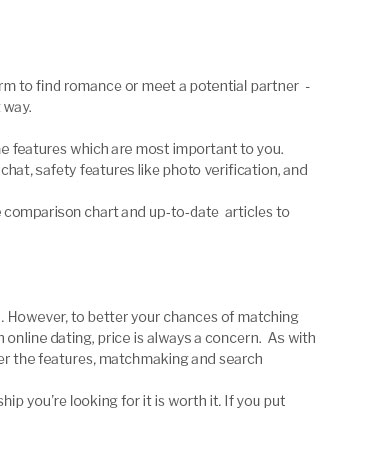affair support groups near me practical guideUnderstanding affair-focused support groupsAffair-focused support groups create a respectful space to process betrayal, rebuild trust, and clarify next steps without judgment. - Validation from people who understand complex emotions.
- Skills for communication, boundaries, and crisis de-escalation.
- Tools to manage triggers, rumination, and shame.
- Referrals to therapy, legal, and financial resources as needed.
Who these groups supportPeople who have been hurt by infidelity, those who engaged in an affair and want to change patterns, and couples seeking repair or closure can all benefit when a group is well-matched to their goals. Confidentiality, consent, and safety are non-negotiable values. How to find reputable groups near youSearch for “infidelity recovery group,” “betrayal trauma support,” “relationship repair group,” or “couples healing group,” and include your city or county. Check community counseling centers, licensed therapists who run groups, hospital behavioral health programs, and family service organizations. If your history involves dating platforms or apps like tinder, mention that context when screening a group so facilitators can address related triggers or boundary-setting. - Review facilitator credentials (licensure, supervision, group therapy training).
- Ask about ground rules: confidentiality, inclusivity, no-contact policies, crisis procedures.
- Confirm the group’s focus (betrayed, involved, mixed, or couples) to avoid misalignment.
- Request an orientation call to discuss goals, triggers, and accessibility needs.
- Verify privacy practices for sign-up, notes, and digital sessions.
Support formats to considerIn-person and online groupsIn-person meetings can foster connection and routine; online meetings can increase privacy and access. Many people use both at different stages. Anonymous forums and moderated communitiesForums can feel immediately supportive, while moderated groups add structure, ground rules, and escalation pathways when emotions spike. Therapist-led and peer-led options- Therapist-led: clinical skills, crisis protocols, and evidence-informed exercises.
- Peer-led: relatable stories, solidarity, and practical lived experience.
- Hybrid: combines professional guidance with community wisdom.
What to expect in a meeting- Clear guidelines on respect, confidentiality, and triggers.
- Brief check-ins to share current challenges.
- Focused topics: disclosure, boundaries, co-parenting, digital trust, rebuilding safety.
- Coping skills: grounding, cognitive reframing, values clarification, repair attempts.
- Resource sharing and optional take-home reflections.
You control what you share, and you can pause or pass at any point. Safety, ethics, and boundariesHealthy groups prioritize emotional and physical safety, encourage informed decision-making, and never pressure a specific outcome. If there is risk of harm, seek immediate professional help and use local crisis resources. Facilitators should model respect, neutrality, and transparency. - Set communication limits with partners and third parties.
- Decide what digital access is acceptable and how to verify it.
- Plan for trigger exposure and self-soothing strategies.
- Use support, not surveillance, to restore trust.
Preparing for your first session- Clarify goals: stabilization, understanding, repair, separation planning, or closure.
- List triggers and questions you want addressed.
- Plan privacy: headphones, private space, and a written exit strategy if overwhelmed.
- Create an aftercare routine such as journaling or a calming activity.
- If digital behavior is a concern, discuss boundaries around social apps or hookup sites that actually work so your plan includes realistic online agreements.
Alternatives and complements to groups- Individual therapy focused on betrayal trauma or attachment repair.
- Couples therapy using structured disclosure and rebuilding protocols.
- Psychoeducation: books, courses, and worksheets on boundaries and trust.
- Legal and financial consultations if separation or asset protection is on the table.
- Mind-body practices that reduce reactivity and increase emotional regulation.
FAQHow do I know if a group is the right fit for my situation?Ask about the group’s purpose (healing, decision clarity, accountability), who attends (betrayed, involved, mixed, or couples), facilitator training, rules for confidentiality, and how triggers are handled. A brief screening call should leave you feeling respected, informed, and safer. Can attending a group replace therapy?Groups offer connection and skills, but they do not replace individualized care. Many people benefit from both, using therapy for personalized treatment and groups for peer support and accountability. Should betrayed and involved partners meet together?Mixed groups can increase empathy, but they require firm boundaries and skilled facilitation. If emotions are intense, single-focus groups (betrayed-only or involved-only) may feel safer until stability improves. What if I worry about privacy or being recognized?Choose groups with strong confidentiality rules, discreet sign-up, and privacy safeguards. Online sessions may allow first-name-only use and camera options. You can also start with a private orientation before joining a regular meeting. How are digital boundaries addressed in these groups?Facilitators often cover device transparency, respectful monitoring agreements, and strategies for avoiding triggers such as suggestive content, flirting platforms, or risky messaging habits. Plans emphasize consent, privacy, and mutual respect. Can I attend if I’m unsure whether to stay or leave the relationship?Yes. Many groups support decision clarity without pushing a particular outcome. You can work on stabilization, values, and boundaries while you evaluate your options. What skills will I likely practice in sessions?Expectation setting, boundary scripts, de-escalation, trigger plans, self-compassion practices, and structured communication tools that reduce blame and increase clarity.
https://www.supportgroups.com/infidelity
The Infidelity Support Group is here for anyone looking for support in dealing ... i start it. in 2018 i understand my wife cheated on me while i was out of country.

|




















